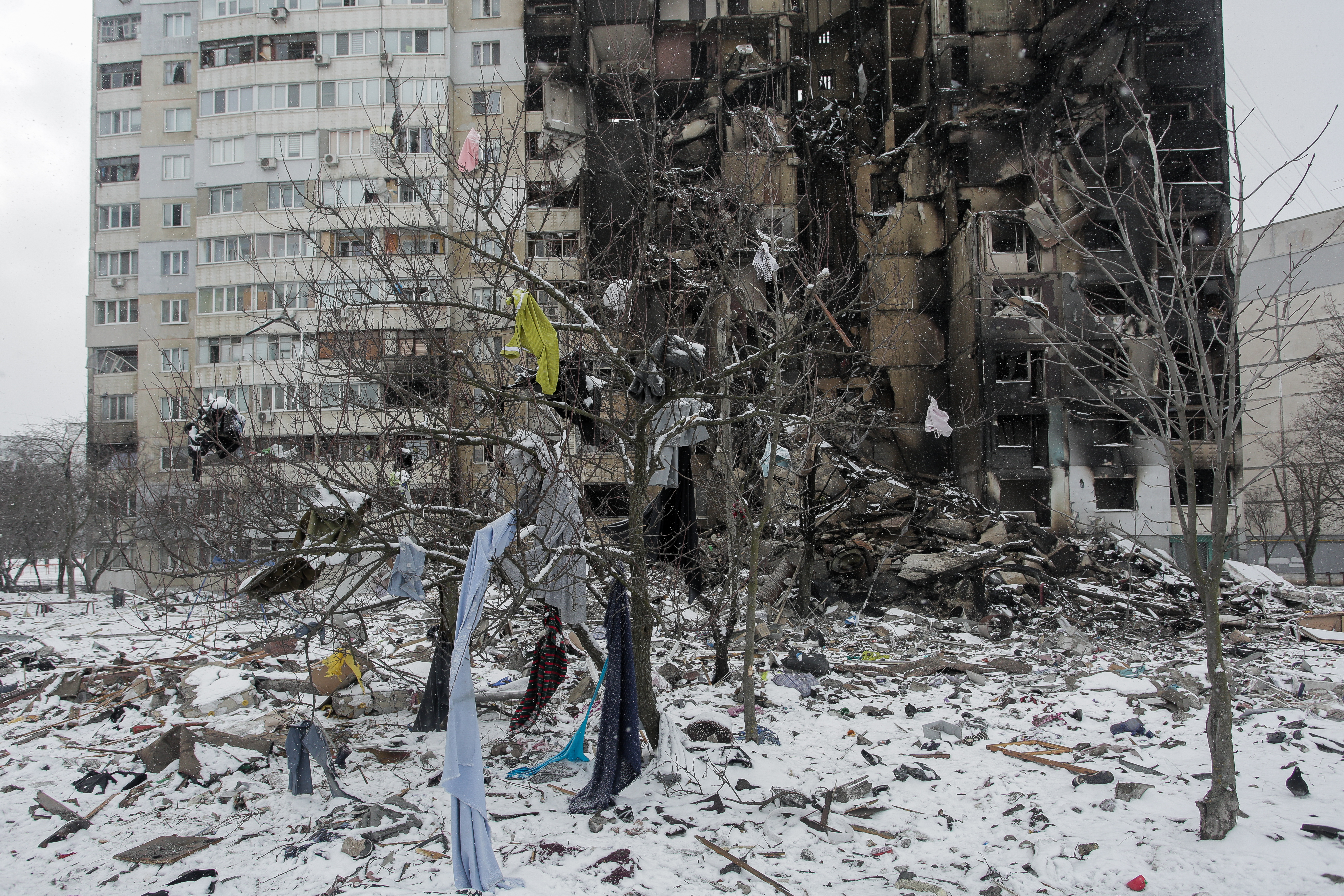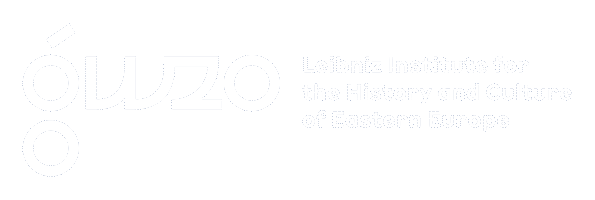Building on the debates around the decolonization of regional studies in the post-Soviet space, Subproject 1 focuses on residential architectural heritage in Ukraine.
The research conducted in the first funding phase of cities.building.culture on the "Values of Built Heritage" revealed the ambiguities in the value construction of Soviet-era residential architecture. Socialist housing, such as prefabricated concrete buildings, plays an important role in the daily life of urban populations. While the buildings may be rejected as material evidence of the Soviet past, they can also be nostalgically valued as reminders of childhood or youth. Russia's war against Ukraine has intensified these ambiguities. At the same time the residential building stock has been deeply affected by war-related destruction and plays a central role in reconstruction planning.
Lead: Prof. Dr. Arnold Bartetzky (Head of Department “Culture and Imagination”, GWZO) together with Dr. Anastasiia Bozhenko (GWZO Leipzig).

In the second funding phase, Subproject 1 focuses on Soviet residential heritage in the context of war damage, global climate change, and resource scarcity. Case studies of Kharkiv and Zaporizhzhia, cities severely impacted by the war, will be used. Based on participatory research, the project aims to develop approaches to the preservation of historical building stock as part of a resilient and sustainable urban development strategy. Implementing the critical heritage studies approach to the modernist complexes could benefit both academic discussions about the dissonant heritage and practical decisions. The project draws on experiences from previous reconstruction efforts in residential areas after war damage, for example in Bosnia and Herzegovina after the post-Yugoslav wars in the 1990s. Partners in Ukraine are involved in the research, and the transfer of results will occur through international collaborations in education, including courses at the V. N. Karazin Kharkiv National University.
The goal of the first work package is to contextualize Ukraine's reconstruction by reviewing previous efforts to rebuild war-damaged residential areas. This includes evaluating literature on reconstruction campaigns in various countries (TA 1.1). Additionally, an overview of Soviet urban planning principles in the context of post-World War II reconstruction will be conducted as part of the urban analysis in Subproject 3 (TA 1.2). The first work package also includes organizing and hosting of an international expert workshop on current approaches to sustainable reconstruction in present-day Ukraine, in cooperation with the Saxon Academy of Arts and Ukrainian partners (Leipzig, 3-4 April 2025).
The second work package is devoted to exchanging experiences between the reconstruction in Bosnia-Herzegovina after the post-Yugoslav wars and the reconstruction efforts in Ukraine. This will involve conducting studies on the cases of Sarajevo and Mostar (TA 2.1) and analyzing their potential as lessons for Ukraine's reconstruction (TA 2.2).
In the third work package, the construction and destruction history of Kharkiv and Zaporizhzhia will be analyzed. This will include analyzing urban development literature, documenting war-related destruction, and evaluating past reconstruction proposals in collaboration with institutions like the V.N. Karazin University in Kharkiv and the Architecture Museum in Zaporizhzhia. Additional research will be conducted in archives and libraries in Kyiv and Lviv, especially at the Lviv Center for Urban History.
The goal of the fourth work package is to analyze the revaluation of Soviet residential heritage in Ukraine in the context of the war, focusing on its role in resilient and sustainable urban reconstruction. This will involve focus group discussions with residents and civil society actors, and the findings will be integrated into academic teaching in collaboration with V.N. Karazin Kharkiv National University and other institutions.
The findings from all work packages will be consolidated in the overall consortium, culminating in a final conference in Kyiv.







